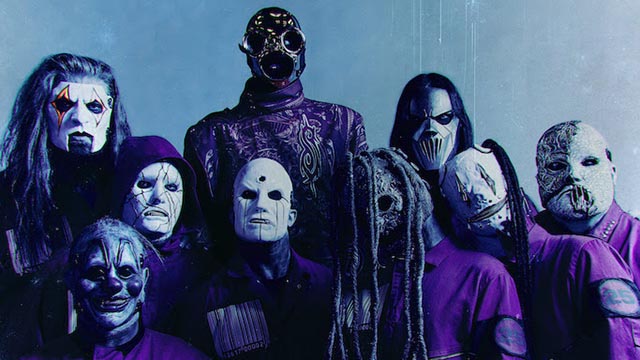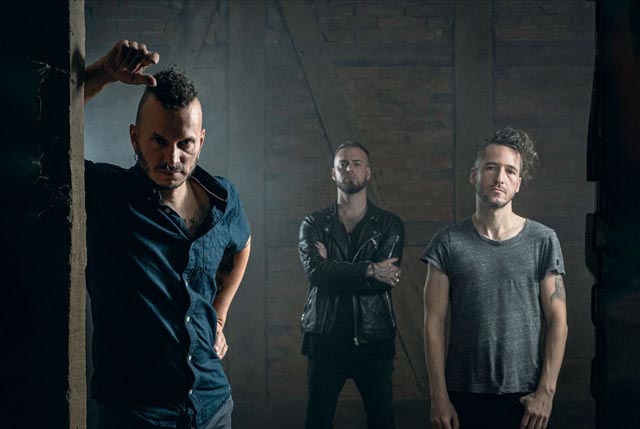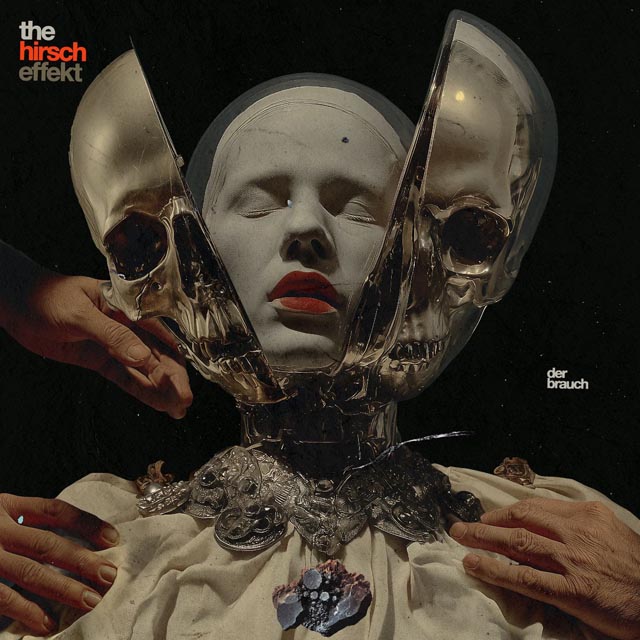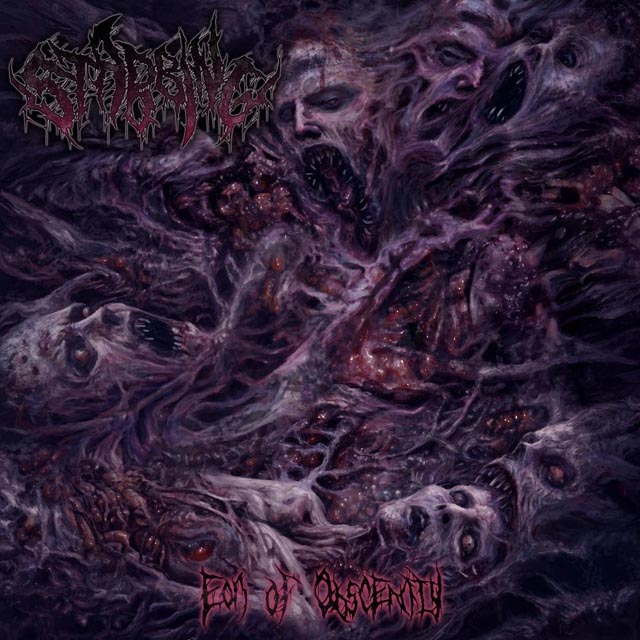 As part of Metal Insider’s CMJ festivities, before performing a set at new NYC comedy club The Stand, Metal Blade recording artist and That Metal Show co-host Don Jamieson sat down for an interview with hardcore legends Vision of Disorder. Vocalist Tim Williams and guitarist Mike Kennedy engaged in an entertaining and informal 25-minute interview in front of college radio stations and music directors. music industry executives, and other metal VIPs.
As part of Metal Insider’s CMJ festivities, before performing a set at new NYC comedy club The Stand, Metal Blade recording artist and That Metal Show co-host Don Jamieson sat down for an interview with hardcore legends Vision of Disorder. Vocalist Tim Williams and guitarist Mike Kennedy engaged in an entertaining and informal 25-minute interview in front of college radio stations and music directors. music industry executives, and other metal VIPs.
The conversation touched on many topics, from the band’s beginnings as a Long Island band blurring the lines between hardcore and metal, to their hiatus and subsequent reformation, and what it was like to play with Pantera on what turned out to be their last show as a band. Some excerpts from the interview, which can be heard in its entirety below, follow:
On how the industry has changed since their last album, 2001’s From Bliss to Devastation:
Tim Williams: The way it’s set up now, music gets out there. You don’t need a big label. You don’t need giant tour support to go do something. You don’t need all these certain planets to align to get your product out. I think for a band our size, it’s only an advantage. We never made money on records anyway, so it doesn’t matter. As long as the product gets out there, kids come to the shows, your merch sells, boom, you’re on.
Mike Kennedy: Yeah, music is much more accessible these days, for better or for worse. When we were coming up, only the super bands were recognized – those bands that were so unbelievable that it was undeniable for them to be anything less than huge. And now you’re seeing this giant landscape of so many bands that are just good enough to be noticed. Which is good and bad, you know? You have a lot of different influences from different kinds of music, but you also have a lot of unnecessary things in the mix.
On playing the Beast Fest with Pantera, which turned out to be the band’s last show:
Tim We did Korea and flew to Japan, for what I think was called Beast Feast. We hung out with them, and I still remember getting onstage and watching them from the stage, and it was honestly the best I’d ever seen them play. It was a huge venue, and it was just jaw-dropping. I’ve seen them a million times, done Ozzfest with them, but they just completely blew me away that night, the power of that band. I think that was their last show as a complete unit.
M: And then we went out in Tokyo and got messy after. It was fun. All I remember was Dimebag running down the street smashing beers on cars!
T: You don’t do that kind of stuff in Japan.
M: Yeah, he was running down the street , hammered, just breaking things.
On the CBGB Festival, in which former bassist Harley Flanagan allegedly stabbed two people:
K: We ended up headlining, so it worked out for us!
On playing NYC as a Long Island hardcore band:
M: Yeah, we were fortunate enough to be able to play in the Long Island Hardcore scene, which was a little bit more indie-flavored, and also, blend into the New York hardcore scene, which was really more authentic hardcore. That’s where our fans started to become attached to both. No one was doing that at the time, you were either a Long Island hardcore band, or you were a New York Hardcore band.
T: They didn’t mix. It was always this big thing to come out of a club on Long Island and make a break into the city. I remember playing Bond Street the first couple of times, and I remember it being straight up intimidating.
M: It was a great scene back then. When you tapped into both the Long Island and the New York hardcore scenes, you found there was something amazing happening and you had to be a part of it. I don’t know what you college kids are doing today (laughter). I guess going back to what you were saying about the Internet, I think that has a positive effect in making you successful, but also depletes some of that underground qualities of the scene. It’s not like ‘this is mine and I have this’ or ‘this is ours and we have it.’
Listen to the entire interview below.
For upcoming comedy events at The Stand, go to thestandnyc.com










